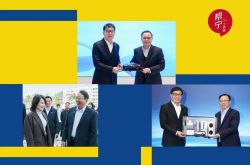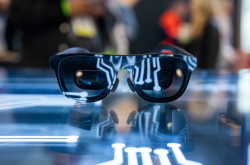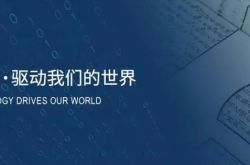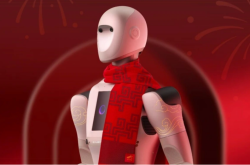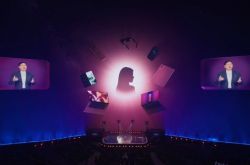Rapid iteration of new energy products, is it inevitable to "stab" old car owners in the back?
![]() 08/20 2024
08/20 2024
![]() 643
643
Recently, Zeekr 001 has caused dissatisfaction among a large number of car owners who have already purchased the car due to two consecutive revisions within half a year and a price reduction of 20,000 to 30,000 yuan for the two smart driving versions of 007. As the same model was updated within half a year, Zeekr was questioned by car owners for updating too quickly, "stabbing" consumers in the back.
In the era of "software-defined cars," the iteration speed of new cars continues to accelerate, and it is not uncommon for existing car owners to feel that their rights and interests have been infringed upon after the launch of new cars. Previously, the Xiaopeng G3 was revised without any warm-up, and the Li ONE was also upgraded without any prior notice, both of which triggered public opinion.
On the leading domestic platform for collecting information on defective automotive products and handling complaints from automotive consumers, Chezhinet, there are also numerous complaints about damage to consumer rights and interests. According to statistics, during the month from July 20, 2024, to August 19, 2024, there were 13,463 valid complaints from car owners on the Chezhinet platform, of which 1,194 involved complaints related to damage to consumer rights and interests, and complaints arising from issues such as model revisions increased significantly.
Existing car owners find it difficult to accept that their newly purchased "new car" has become "old" shortly after purchase. How to appease existing car owners tests the response capabilities of enterprises. There are also disagreements between automakers and consumers on whether cars are indeed fast-moving consumer goods. Since the entry of new-energy vehicle startups, the concept of electronic vehicles has been continuously reinforced, and how to avoid "stabbing" existing car owners in the back due to product iterations has become a concern in the industry.
▍"Unannounced" revisions become a point of contention
Previously, when the Xiaopeng G3 was revised, its driving range increased significantly compared to the previous model, with a maximum range of up to 520km, while the maximum range of the previous model was only 365km. In addition, the new G3 is equipped with the XPILOT 2.5 autonomous driving assistance system, and the chassis design has also been significantly optimized. The launch of the new G3, which was only half a year after the old G3, featured "more quantity at a lower price," and many car owners had only just taken delivery of their cars two to three months before the new model was launched. The aforementioned revisions not only triggered consumer sentiment but also led to incidents where car owners protested at Xiaopeng's headquarters.
As a fellow new-energy vehicle startup, Li Auto also had a similar experience: In early September 2022, Li Auto officially announced that the Li ONE would be discontinued in October with a price reduction of 20,000 yuan; it would be replaced by the upcoming new model, the Li L8. Car owners who had just taken delivery of their cars not only could not enjoy the 20,000 yuan discount but also found that their newly acquired cars had already become outdated models.
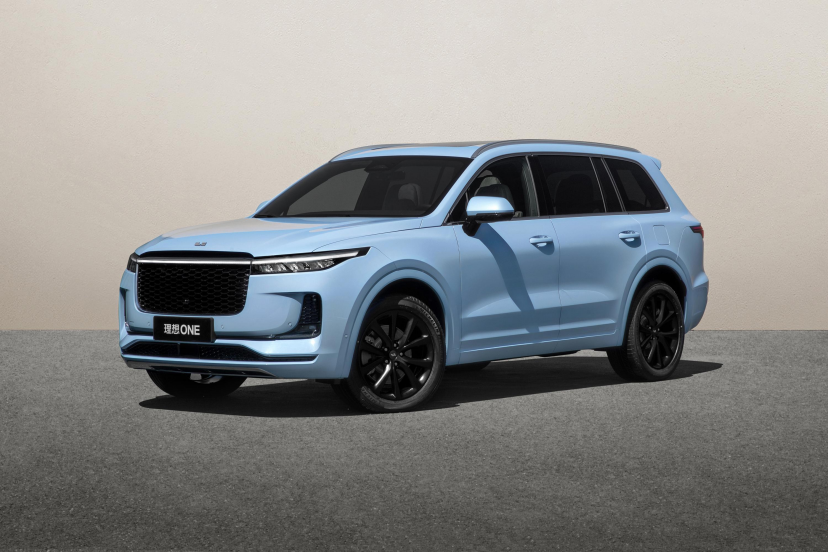
It is understood that the main reason for consumer dissatisfaction is the "unannounced" launch of new models. Some consumers said that they repeatedly asked before purchasing whether there would be new models, and the sales consultants said that there would be no new models this year, leading to hasty car purchases. In the eyes of consumers, the misleading information from sales consultants gave them a feeling of being "deceived," which is the source of their perception of being "exploited."
In connection with Zeekr's latest new car launch, it was also launched shortly after Zeekr's official denial of rumors about the upcoming new model. On Chezhinet, there has also been an increase in complaints about Zeekr 001/007 recently. Many owners of the 2024 Zeekr 001/007 have filed complaints, alleging that Zeekr concealed plans for the new model, damaging consumer rights and interests, and demanding compensation.
One consumer said, "I ordered a Zeekr 007 in March 2024, took delivery in April, and was told at the time of purchase that it was a new model. Just over three months later, a new model was announced, featuring not only new technology but also a more favorable price, hurting the feelings of existing owners..." The consumer also mentioned that similar issues have arisen with model revisions of multiple other brands in the past, but compensation was provided to existing owners. However, at the time of their comment, they had not seen a solution deemed reasonable by consumers, stating, "Cars are major consumer goods. If it is disclosed in advance that a new model will be available, consumers can choose to wait or purchase an older model directly, but if this is not truthfully disclosed, it amounts to concealing information during the sales process."
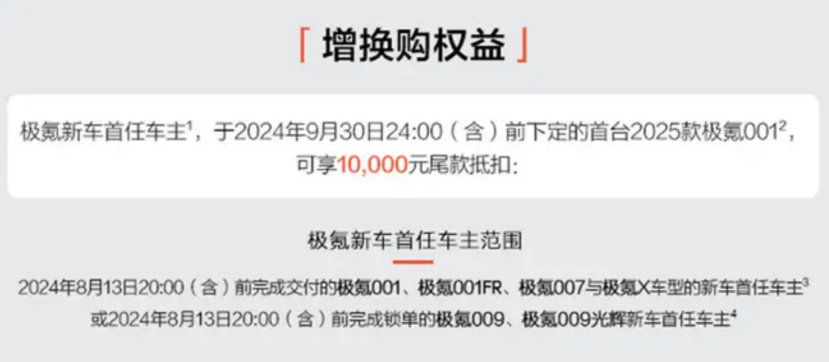
Currently, car owners in multiple locations have taken action to protect their rights, and some have even protested at Zeekr's headquarters. As of press time, the solution offered by Zeekr is that "for the first owner of a new Zeekr model who places an order for the first 2025 Zeekr 001, 2025 Zeekr 001 FR, or 2025 Zeekr 007 by 24:00 on September 30, 2024 (inclusive), a 10,000 yuan credit can be used towards the final payment. Regardless of whether the existing car is disposed of, the first owner of the new Zeekr model can enjoy benefits when trading up or trading in." This solution is quite different from the demands of some consumers.
▍The pace of revisions in the era of intelligent electrification is "disrupted"
Objectively speaking, the revision and upgrade of automotive products, especially new energy vehicles, are relatively rapid. As Zeekr stated in response: In the era of rapid development of China's new energy vehicles, continuous technological progress and iteration are essential for all participating brands.
In the era of traditional fuel vehicles, the cycle was "a major revision every three years and a replacement every five years," with even longer replacement cycles extending to 6-8 years. However, the replacement cycle of new vehicles has been significantly shortened, with annual replacements even becoming the norm. Whenever a new energy vehicle is replaced, there are claims that the brand is "stabbing" existing car owners in the back.
Zhang Yue, Senior Vice President of Kai Rui Sai Chi Consulting, believes that from the current market perspective, the automotive industry is using intense price wars to conduct elimination competitions. Automakers must continuously improve the competitiveness of their products to boost sales and avoid being eliminated from the market. For new energy vehicles, a generational gap with new competitors often emerges within about six months, making rapid iteration inevitable. From Zeekr's product perspective, the pace of updating every six months is understandable.
Moreover, in the automotive industry, intelligent electrification is still in a rapid development stage, which means that continuous updates to software and hardware are necessary to enhance the consumer experience. At present, some consumers consider more advanced chips, stronger computing power, and intelligent systems as criteria for measuring whether a car is advanced and easy to use.
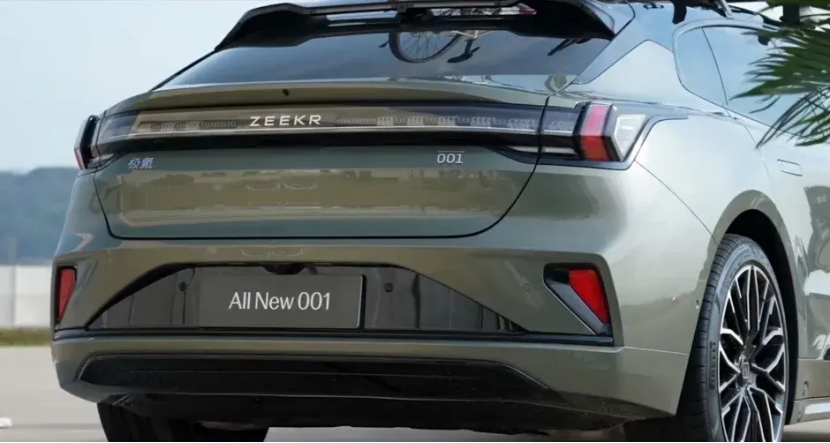
However, from the perspective of distribution channels and consumers, changes and even confusion in the model replacement system and pricing system often have a more significant impact on the brand than on sales. "OEMs only care about sales and put all the pressure on distribution channels, which can have a greater impact than short-term sales. Channels may become hesitant to sell, and consumers may protest at channels, leading to a rift between the three parties, which will inevitably affect the long-term survival of the enterprise," Zhang Yue told Automotive Insight.
From an external perspective, the trend of fast-moving consumer goods in the automotive industry is emerging in terms of products due to electrification and intelligentization. However, in terms of pricing, automobiles remain major consumer goods, making it difficult for consumers to accept that the vehicle they purchased becomes "old" shortly after purchase. "In an era of fierce competition, rapidly updating products can lead to dissatisfaction among existing car owners, damaging the brand's reputation and reducing the purchasing desire of some new car owners," said a responsible person in the new energy sales industry to Automotive Insight. "Before choosing to revise models or reduce prices, automakers need to prepare contingency plans to appease existing car owners and avoid situations where the dissatisfaction of existing car owners leads new car buyers to be more cautious."
Typesetting by Yang Shuo | Image Sources: Zeekr, Li Auto, Chezhinet


